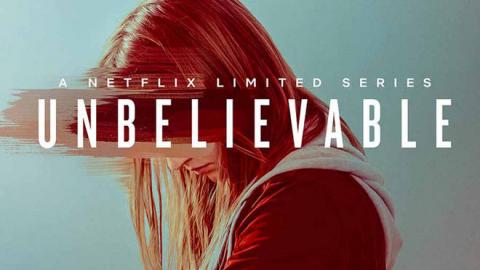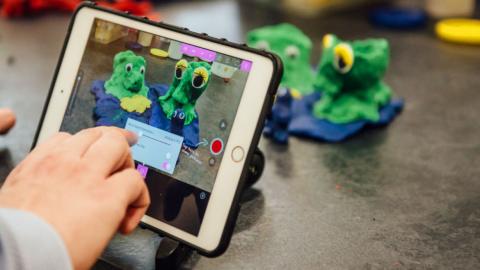Female Filmmaker Friday: Josephine Decker, Experimental Storyteller
Share with friends
"Art becomes life and life becomes art, and the two can sometimes be hard to separate."
Josephine Decker is an American director, writer, producer, and actress that has been making a name for herself the past few years with her experimental style and deep, visual storytelling.
Decker has been directing short and long features since 2005, with her debut short film Naked Princeton. Her co-direction in Bi the Way, a documentary about bisexuality in America, was awarded the Alternative Spirit Grand Prize at the Rhode Island International Film Festival. In 2013, Decker made her feature debut with psychological thriller Butter on the Latch, which didn’t garner tons of attention, but those who saw it praised Decker for her truly unique experimental style and labelled her "a filmmaker to watch." She didn’t disappoint with her follow-up film, Thou Wast Mild and Lovely (2014), another psychological thriller with comparisons of style to that of David Lynch.
Her most recent directorial undertaking, Madeline’s Madeline, premiered at the 2018 Sundance Film Festival and Berlin Film Festival. It is the epitome of Decker’s experimental storytelling. In many ways, the film looks like the making of said film, introducing the audience to a character who describes herself and things about her in a kind of self-reflection. The character, Madeline, comes home from time in a mental hospital to her mother, Regina. The pair’s relationship is cracked, and Regina doesn’t know how to deal with her daughter’s mental state. The means in which Madeline treats herself come mostly from joining an acting troupe where she’s able to act out, in ways, her own life, drawing on the idea of being able to tell her own story in her own words despite the teacher/director's want to tell Madeline's story her way.
The film explores themes of identity in a twisty, self-aware fashion that comments on filmmakers themselves wanting to tell others stories. How much of it is living through others, as oppose to the subjects being able to speak for themselves?
Listen to Josephine Decker speak about her film Madeline's Madeline at Berlinale.




